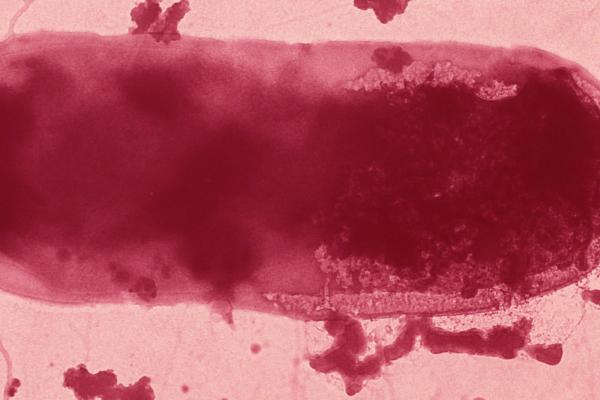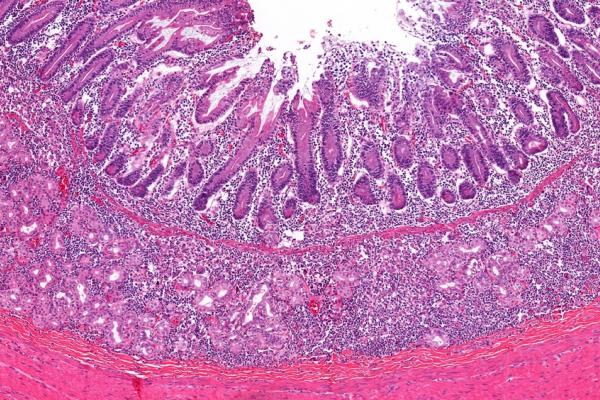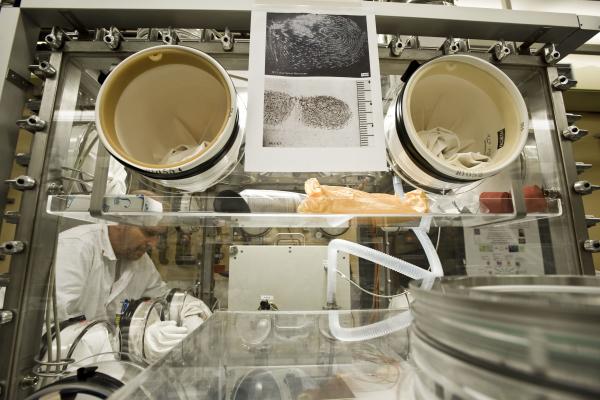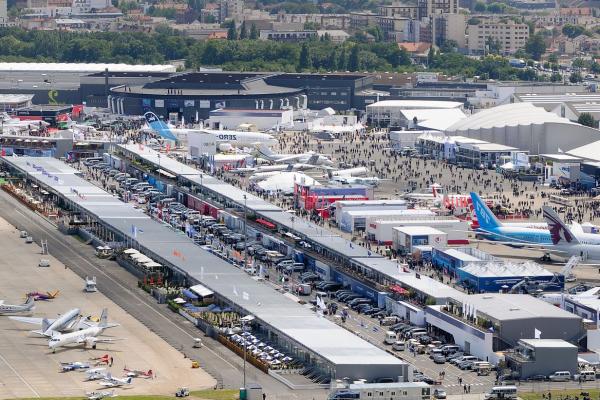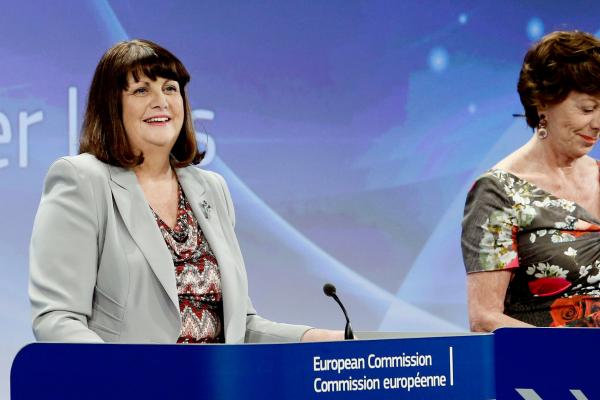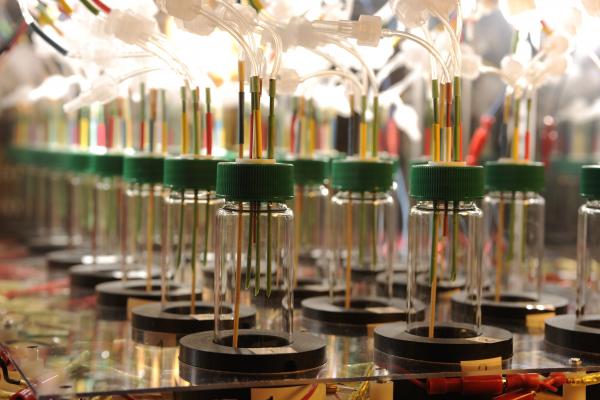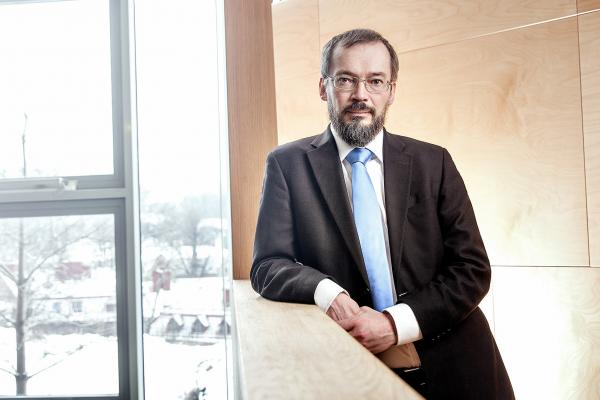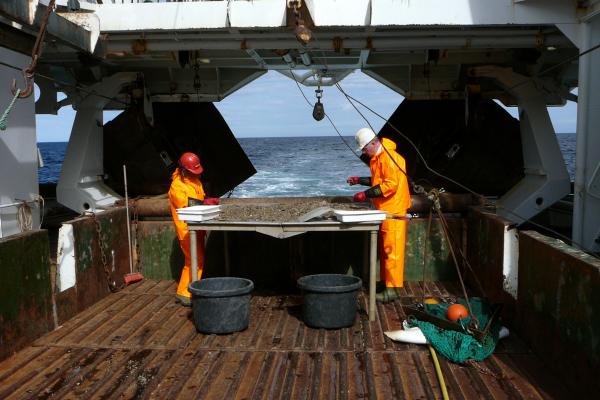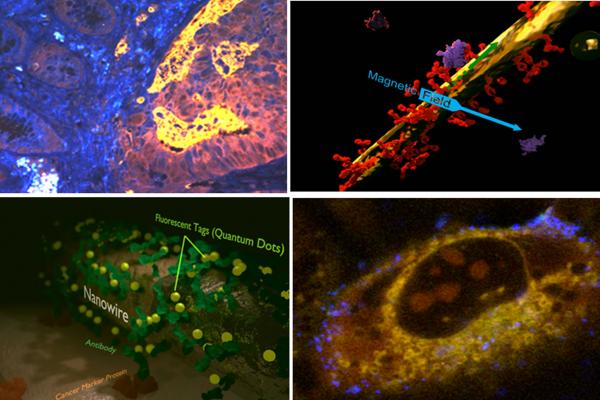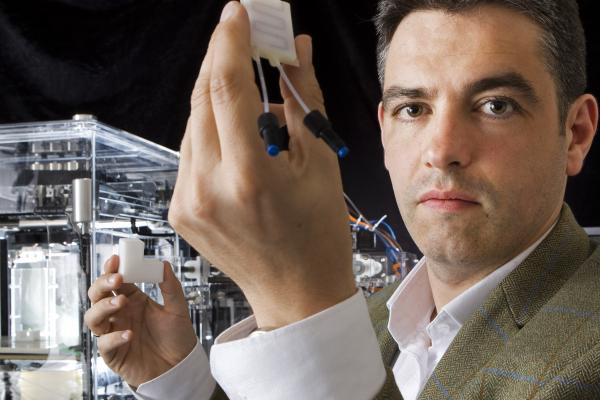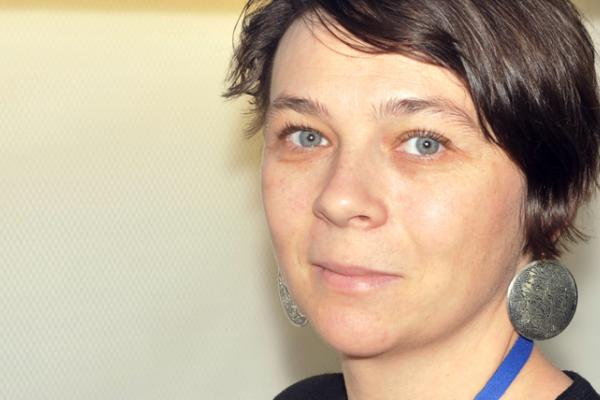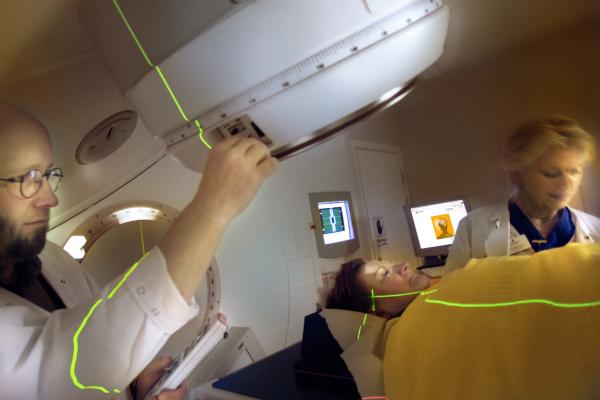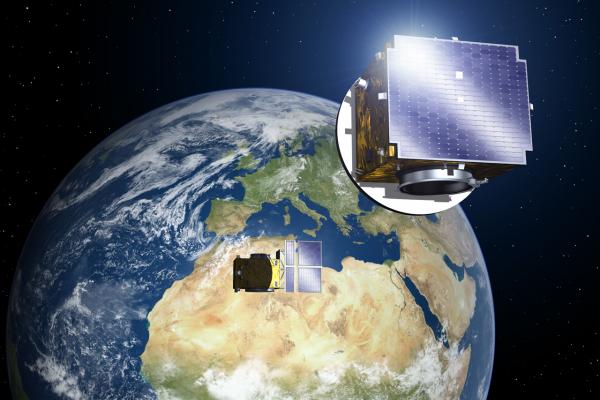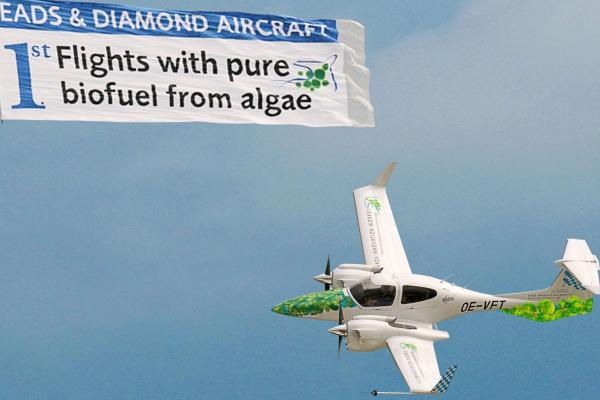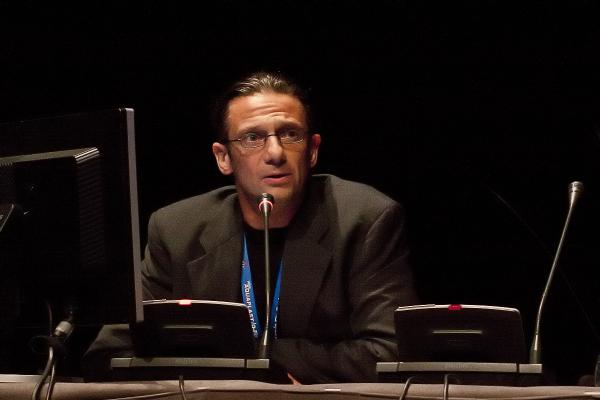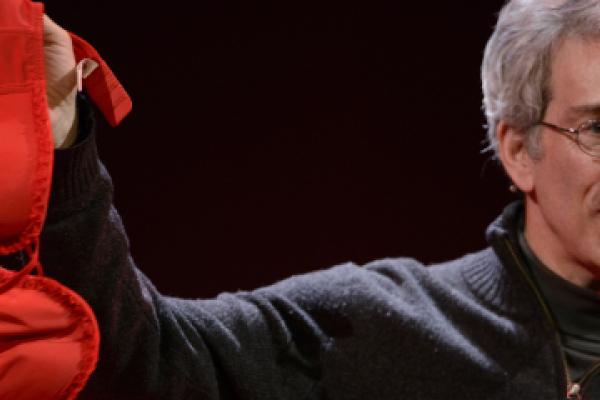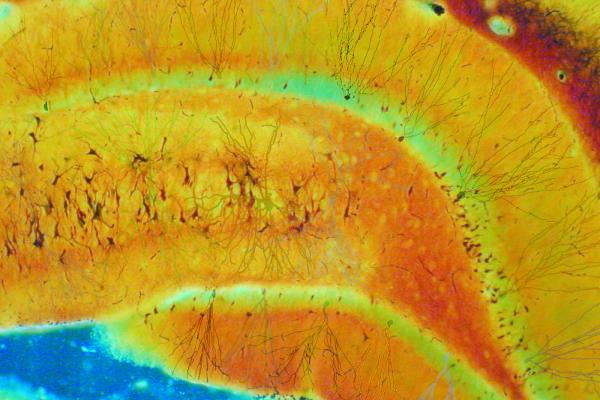European cities of the future should be greener, smarter and more inclusive, according to young Poles who shared their vision during the EU Youth Policy Dialogue in Warsaw.
Special series

Researchers on a mission
The EU is on a mission with researchers to protect our planet and society.
By helping researchers discover new ways to improve people’s lives, and to protect us from climate change and global health shocks, the EU is building a better future for all of us.
Most popular
-
1
-
2By Sofia Sanchez Manzanaro
-
3By Jonathan O’Callaghan
-
4By Gareth Willmer
-
5
Top videos
Where curiosity meets innovation: EU science fair in Belgium dazzles young minds
28 March 2025
Sowing the seeds of greater food diversity in Africa
26 March 2025
Past articles
A third of a million Europeans get ill every year from diseases caused by contaminated water. Researchers now hope that smart biosensors can help them develop an early warning system that can prevent infection by raising the alarm long before contaminated floodwater reaches people’s drinking water supplies.
A Mediterranean-style diet rich in fish, fruit and olive oil can help people live longer, and scientists believe this could be because of its effect on the bacteria in our stomachs.
Clad in white radiation suits with triple layer-gloves, police and nuclear experts carefully probe the debris of an amateur dirty bomb.
From quadruple-glazed windows to planes whose fuselage can be electrically heated, graphene is changing the world.
Scientists are developing technology to protect towns and villages against earthquakes by drilling holes in the ground.
Solving major challenges like finding alternatives to fossil fuels and new antibiotics, boosting the competitiveness of EU industry in sectors that provide good jobs, and bringing research to market – these are the main aims of the EUR 22 billion research partnerships between the EU, industry and Member States that the European Commission announced on 10 July.
Researchers believe they can take on drug-resistant superbugs by changing the way that drugs are prescribed in hospitals.
They charge in seconds and could run your laptop for a month – supercapacitors are coming, and it’s thanks to graphene, one atom-thick sheets of carbon that are revolutionising industry.
European researchers are heading to some of the deepest and coldest places on the planet as part of a race against time to find new medicines that can protect society from increasingly drug-resistant bacteria.
Fighting global warming with mirrors in space or by seeding clouds would cool the Earth, but the side effects could outweigh the benefits, researchers have concluded.
New medical devices working with particles so small that they are invisible to the human eye are paving the way for earlier cancer detection, helping save lives.
A Scotland-based scientist and his team are closing in on a way to build a life form from scratch, and their work is challenging the fundamental assumption that life only exists in animals, plants and microbes.
Researchers studying one of the major regulatory proteins in the brain are advancing knowledge about the behaviour of certain genes upon epileptic seizures.
The European Very Large Telescope (VLT), one of the most powerful and productive ground-based astronomical facilities in existence, has just turned 15 years old.
Researchers who can monitor a cancer tumour as it changes and help direct radiation right into its centre believe they may be able to increase the efficiency of cancer treatment by at least a sixth.
European scientists are preparing to notch up a world first in satellite formation flying. Two spacecraft will soon be flying side-by-side with extreme precision.
Car fuel made from agricultural waste could help cut down carbon usage without taking up land that is used to grow food. It is one innovation that could help the biofuels industry shift up a gear.
Professor Dirk Verellen, director of the medical physics group at the Medical Faculty of the Free University of Brussels, outlines his vision on the future of radiotherapy in Europe.
Each Autumn, just before the announcement in Stockholm of the genuine Nobel Prize laureates, a band of merry men at Harvard University distribute the ‘Ig Nobel Prizes’. These awards recognise real research work that make people laugh… and then think.
A carry-around device or implant to predict or prevent seizures could be life changing for millions of people with epilepsy.













